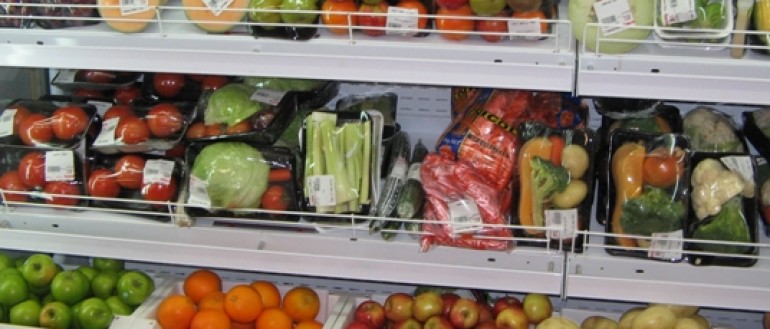Aims:
- To enhance the RIST Keeping Track of Healthy Foods tool to provide greater flexibility and efficiencies in developing reports and analysing trends over time.
Objectives:
- To pilot and refine developments made to the tool to incorporate reporting requirements identified by stakeholders
- To develop the tool as a web-based tool in association with the Menzies’ Centre for Primary Health Care Systems
- To establish an advisory group to:
- provide ongoing advice for the development of new food categories to be captured by the tool
- to explore options for maintaining consistency in coding among users of the tool, such as support from Food Standards Australia and New Zealand (FSANZ)
- to explore potential future use in association with the National COAG Food Security strategy/ FaHCSIA Store Licensing strategy.
Summary:
The RIST Tool allows for volumes and dollar sales of key indicator foods to be tracked. The RIST tool was being used by various agencies to feedback store sales to store committees, management, staff and store associations. Based on user’s requests and in consultation with the advisory group, the tool was enhanced to allow for a broader scope of analysis and greater flexibility.
The enhanced RIST tool retains the capacity to provide feedback on store sales in order to provide baseline food spending patterns and a measure of change to assist in developing strategies to reducing the burden of disease in Indigenous Australians. The RIST Keeping Track of Healthy Foods Tool is currently being considered further in terms of user support services and web based development.
Key improvements include:
- User defined grouping system allowing for flexible monitoring
- Extraction of non-aggregated data
- Monthly reporting
- Inclusion of tobacco in monitoring
- Set reporting allows for user to select from a range of key indicators
- Benchmark system for fruit and vegetables
- Improved data import and coding
- Data checks to ensure data validity
- Functional in Microsoft Access 2003, 2007 and 2010.
Implications for policy and practice:
The RIST Tool has been being used by various agencies to feedback store sales to store committees, management, staff and store associations. The RIST tool enhancements allow greater flexibility in terms of what is monitored, increased reactivity due to time period changes and increased monitoring and benchmarking on fruit and vegetables by incorporating national recommendations.
Chief investigator:
Project manager:
- Adam Barnes
Contact information:
Project dates:
- 2010- 2012
Funders:
- Department of Health, Queensland
- Department of Health, Northern Territory
- Department of Health Western Australia: Western Australia Country Health Service
- Department of Families, Housing, Community Services and Indigenous Affairs (FaHCSIA).
Collaborators:
- Arnhem Land Progress Aboriginal (ALPA) Corporation
- Outback Stores Pty Ltd.
Thanks to the contribution of pilot sites through:
- Retail Stores
- Pintupi Homelands Health Service Aboriginal Corporation (PHHSAC)
- Western Australia Country Health Service.
Research team:
- A/Prof Julie Brimblecombe
- Robyn Liddle, Menzies School of Health Research
- Adam Barnes

